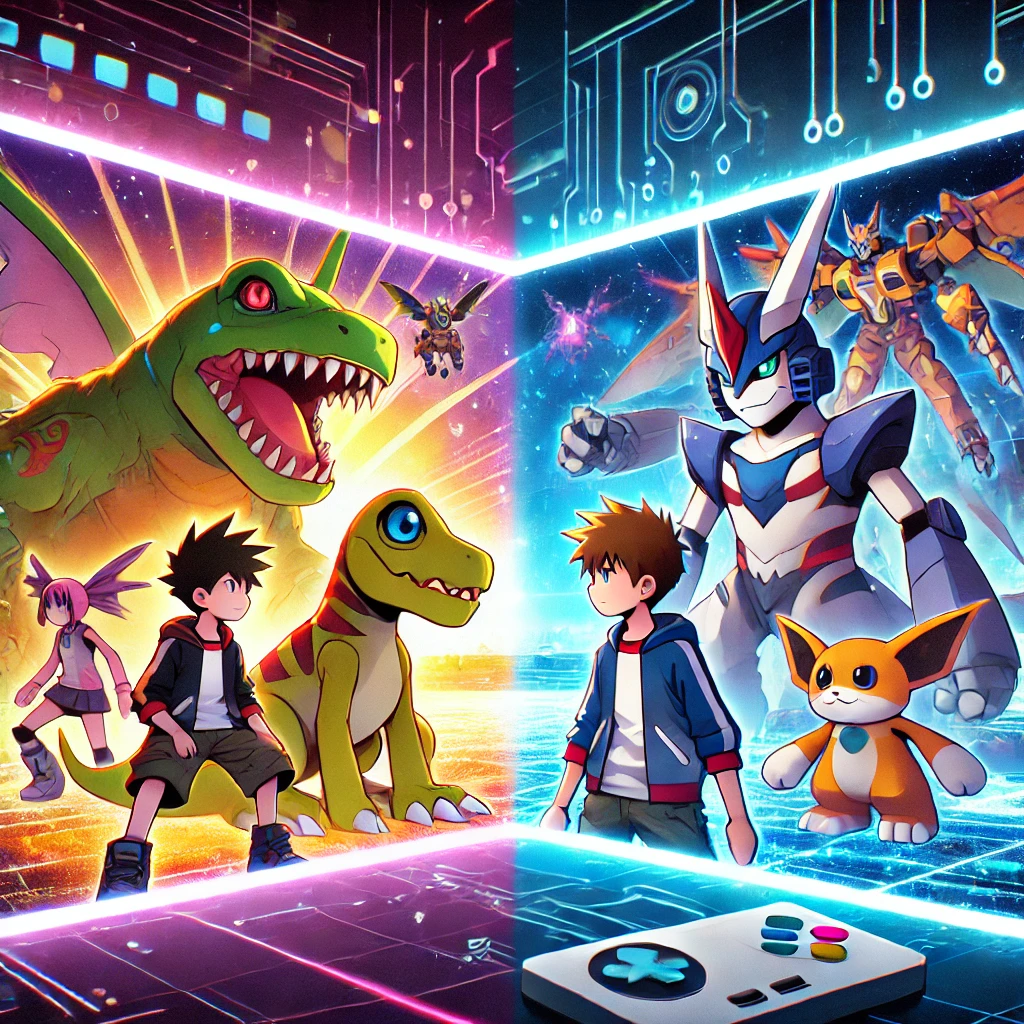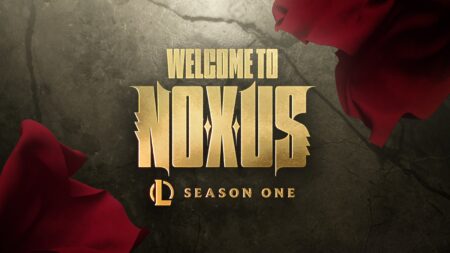In the early 2000s, the world was caught in the grip of PokéMania. As Pokémon dominated, rival franchises emerged to claim their share of the spotlight. While some, like Monster Rancher, failed to leave a lasting impact, others found success—most notably Digimon: Digital Monsters. This series, which aired on Fox Kids, grew into a considerable hit and prompted 20th Century Fox to explore expanding the franchise into theaters. The result was 2000’s Digimon: The Movie. However, the film came with a significant caveat: it was heavily edited and altered for its Western release. Surprisingly, this wasn’t just the result of executive interference—it might have been a necessary move. Let’s dive into the reasons behind these drastic edits.
What Is Digimon?
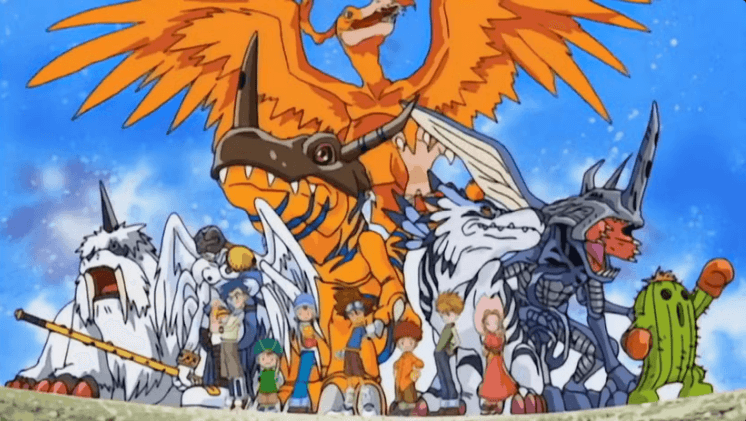
Digimon, short for “Digital Monsters,” began as a Japanese multimedia franchise created by Akiyoshi Hongo. Its roots trace back to 1997 when it debuted as a virtual pet device similar to Tamagotchi. However, unlike Tamagotchi, which emphasized caring for your pet, Digimon focused on battling creatures. Riding the wave of Pokémon’s success, Bandai rapidly expanded the Digimon universe into anime, movies, games, manga, and trading cards, establishing it as a cultural icon of the late 1990s and early 2000s.
The franchise’s core premise revolves around digital creatures that exist within Earth’s networks and devices. These creatures, which can “Digivolve,” form strong bonds with human partners, typically children called the DigiDestined. Together, they embark on adventures, combat villains, and work to save both the Digital and real worlds.
How Popular Was Digimon in America?
Initially, the Digimon virtual pet devices didn’t make a splash in the U.S., but the anime adaptation, Digimon Adventure (renamed Digimon: Digital Monsters), gained unexpected popularity. Its engaging story arcs, complex character development, and memorable villains helped it stand out from Pokémon. This success on Fox Kids eventually made it one of the network’s highest-rated shows, prompting 20th Century Fox to create a feature-length film. However, the approach they chose to achieve this was unconventional.
What Was Digimon: The Movie?
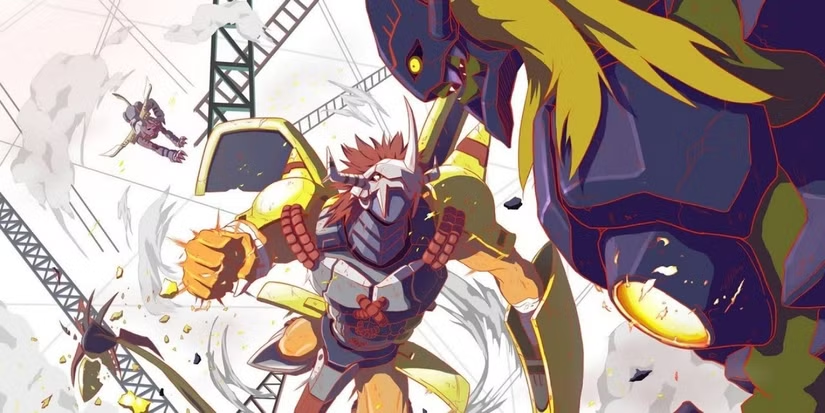
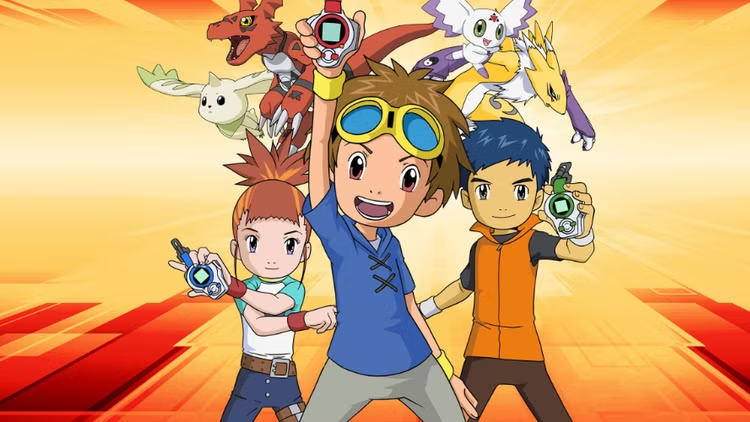
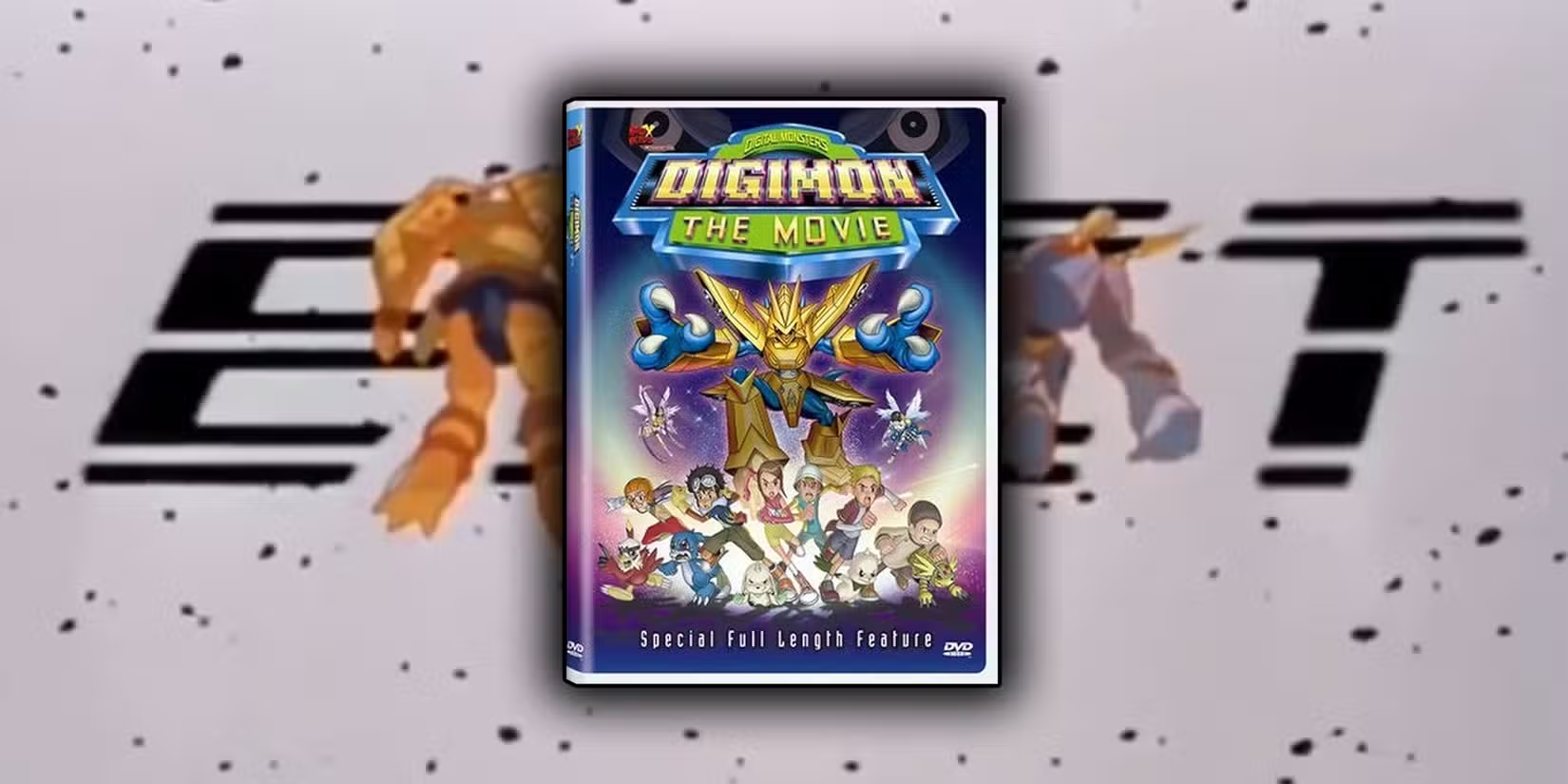
Released in 2000, Digimon: The Movie was an English-language adaptation of the Japanese Digimon films. The movie combined three separate Japanese films into one:
- Digimon Adventure (1999)
- Our War Game! (2000)
- Digimon Adventure 02: Digimon Hurricane Touchdown!! / Supreme Evolution!! The Golden Digimentals (2000).
These films, originally 30-minute shorts, were designed for Japanese audiences and presented at festivals or alongside other features. However, for an American theatrical release, this format posed a challenge. To create a cohesive narrative for Western viewers, Fox merged the films, added a narrator (Kairi), and introduced Willis, a character from the third film, throughout the story to give the illusion of continuity. Additionally, they incorporated a soundtrack featuring popular artists of the time, such as Smash Mouth and Fatboy Slim, to appeal to a younger audience.
Why Was It So Heavily Edited?
The primary reason for the heavy edits was the format of the original Japanese films. None of the three were long enough or interconnected enough to meet Western expectations for a theatrical release. Instead of releasing the shorts as TV specials, Fox opted to capitalize on the success of Pokémon: The First Movie, which grossed $85 million domestically. By stitching the three films into one, they aimed to replicate that financial success.
However, the process was far from seamless. The edits resulted in pacing issues and a disjointed storyline. Yet, for fans, the effort was just enough. Over time, many Digimon enthusiasts grew to view the film as three distinct segments rather than one unified story, with Our War Game! often considered the standout portion.
Did the Strategy Pay Off?
While Digimon: The Movie didn’t reach Pokémon-level success, it remains a nostalgic favorite for many fans. The effort to adapt the franchise for Western audiences, though imperfect, introduced Digimon to a broader audience. Today, fans can revisit both the edited film and the original uncut movies, thanks to re-releases by Discotek Media.
Whether Digimon: The Movie was a misstep or a clever adaptation is up for debate, but one thing is certain: it cemented Digimon’s legacy as a unique and enduring franchise.




